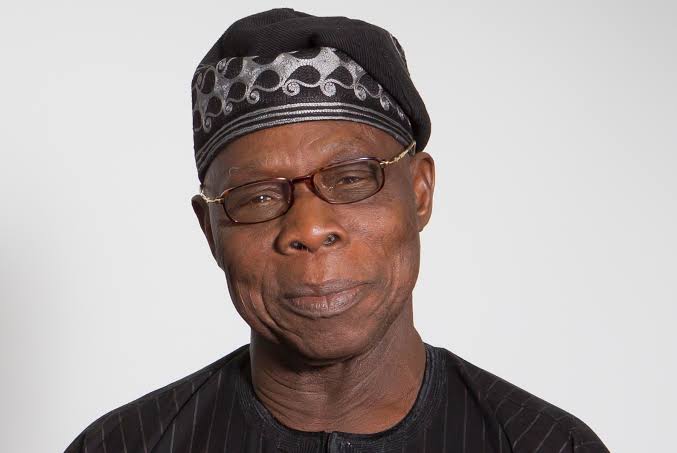According to the National Health Institute, Organ Trafficking is the The trafficking of human beings for the purpose of organ removal (THBOR). It can also mean removing organs illegally and selling or transplanting those organs through the black market, or “red market,” as it’s called sometimes when regarding body parts, according to love justice.ng. This act is highly frowned upon in all the countries around the world.
Over the recent years in Nigeria, there have been various reports of suspected organ trafficking cases as well as witnesses who almost fell victim to this sad situation coming out to talk about the dreadful situation.
With the current economic climate as well as the deteriorated security in Nigeria, it does not come as a surprise that the illicit activities such as Organ trafficking amongst others is on the rise. However a step must be taken to put a stop to this as there is no justification for getting involved in illegal activities.
On Tuesday, During the 36th Annual General Meeting and Scientific Conference of the National Association of Nephrology themed “ Optimising Dialysis Therapy To Prolong Survival,” which was held at the main auditorium of the Olusegun Obasanjo Presidential Library in Abeokuta, the former president called for a law against organ trafficking. This he made known through his media aide, Kehinde Akinyemi .
He said, “There is an urgent need for legislative support in terms of a new bill to support affected persons.
“Organ trafficking is also an emerging issue in our environment and I want to plead with agencies concerned to help in examining relevant laws, especially with regards to cadaveric donations taking cognizance of our peculiar cultural and societal idiosyncrasies and also laws guiding organs to be harvested from living donors.”
Praising the National Health Insurance Scheme on their commendable efforts in the society, he said, “From available reports, one out of seven, that is, about 15 percent of adult Nigerians, have kidney failure which cannot be reversed and is life-threatening if left untreated.
“I have also been informed that the prevalence of kidney failure in Africa is higher than anywhere else in the world as an average African is four times more likely to develop kidney problems than a Caucasian or Mediterranean race.
“I wish to acknowledge the role of NHIS in providing limited support for only six dialysis sessions, but I want to suggest a need to consider increasing the carrying capacity substantially as obtained in South Africa and Sudan.”
He also called for increased awareness as well as provision of better health infrastructure in the country.

